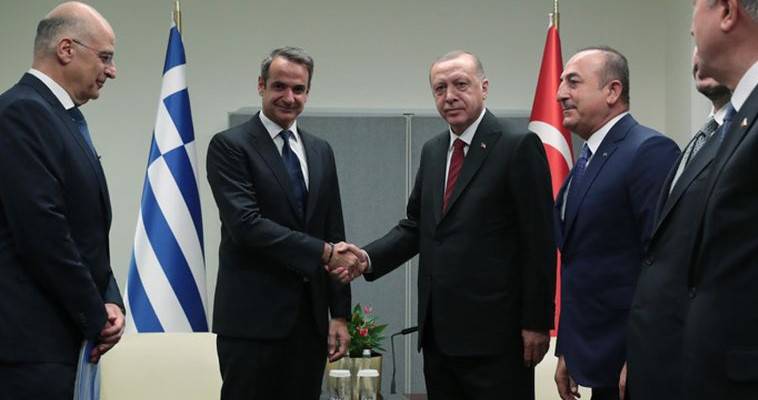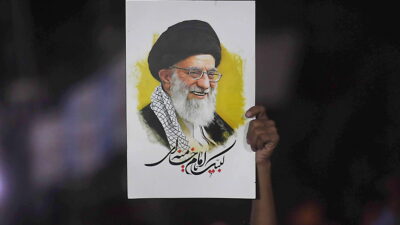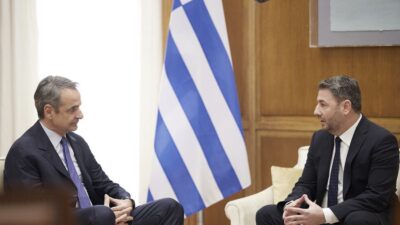Konstantinos Aggelopoulos: How an active Ankara is dragging a lackadaisical Athens to its “court”
29/12/2020
From government and diplomatic sources, the information is conveyed to journalists that soon, at the beginning of 2021, the cycle of a “dialogue” between Athens and Ankara will open. Many are already working to make this happen. From Brussels, Berlin, NATO, Washington, and the UN, Athens is at the center of “recommendations” and “messages” for a Greek-Turkish dialogue.
A dialogue that is likely to be side-tracked, into a “full-fledged” discussion on the issues of the continental shelf, territorial waters, potential EEZ zones, and the Cyprus issue. Everything is based on the demands that Turkey has gradually made towards Greece after 1974 with political and military tools.
Of course, it is not easy for Turkey to achieve all its goals, nor is it easy for it to go to war anymore, as Greece has the power and has entered into important military alliances in the Eastern Mediterranean. However, it is important now that Athens is obliged, under international pressure, to go to the trouble of “mending fences” with Turkey, whose capital is judged by the West to be larger than that of Greece. And the worst thing is that, in essence, Greece’s Western partners and allies are tacitly accepting the Turkish position that the “dialogue” is to take place “unconditionally”, even if it is not now directly stated by the EU and the US.
Greece is now forced to start the political dialogue with Turkey from an unfavorable position, not without reason. The government of Mr. Kyriakos Mitsotakis has a lot of work ahead of it. The country is in danger of suffering a heavy geopolitical blow due to the inability shown by its political class to understand and study in time the huge international changes brought in 1990 with the end of the bipolarity post-war era.
Ankara took advantage of the opportunities
In the face of the lackadaisical and pampered Greek leadership resting in the arms of the Western security system, the active Turkish leadership began to organize a network of plans for the strategic exploitation of new developments, which it brought to its wider geopolitical environment, in the 1990s. Erdogan found existing rich material he inherited from his predecessors.
Turkey’s “new roads” and revisionist expansionist Turkish policies can be traced back to the days of Turgut Ozal. Now, the Greek leadership is called upon to pay the dues of politics, the price of the long inaction of an introverted political class, which took a long time to understand what was happening in the post-Cold War world and how things were moving up to the Greek border.





